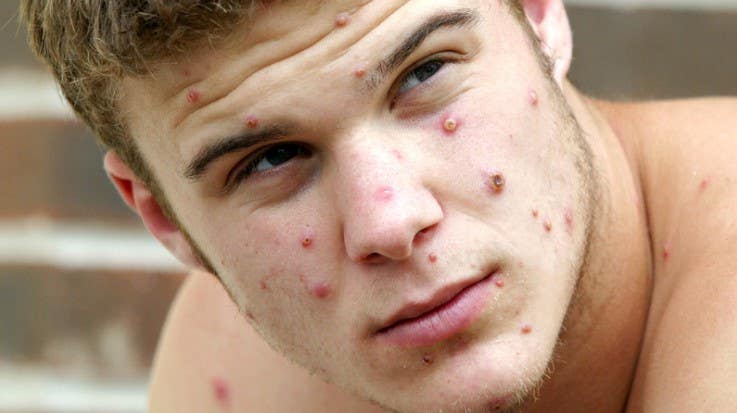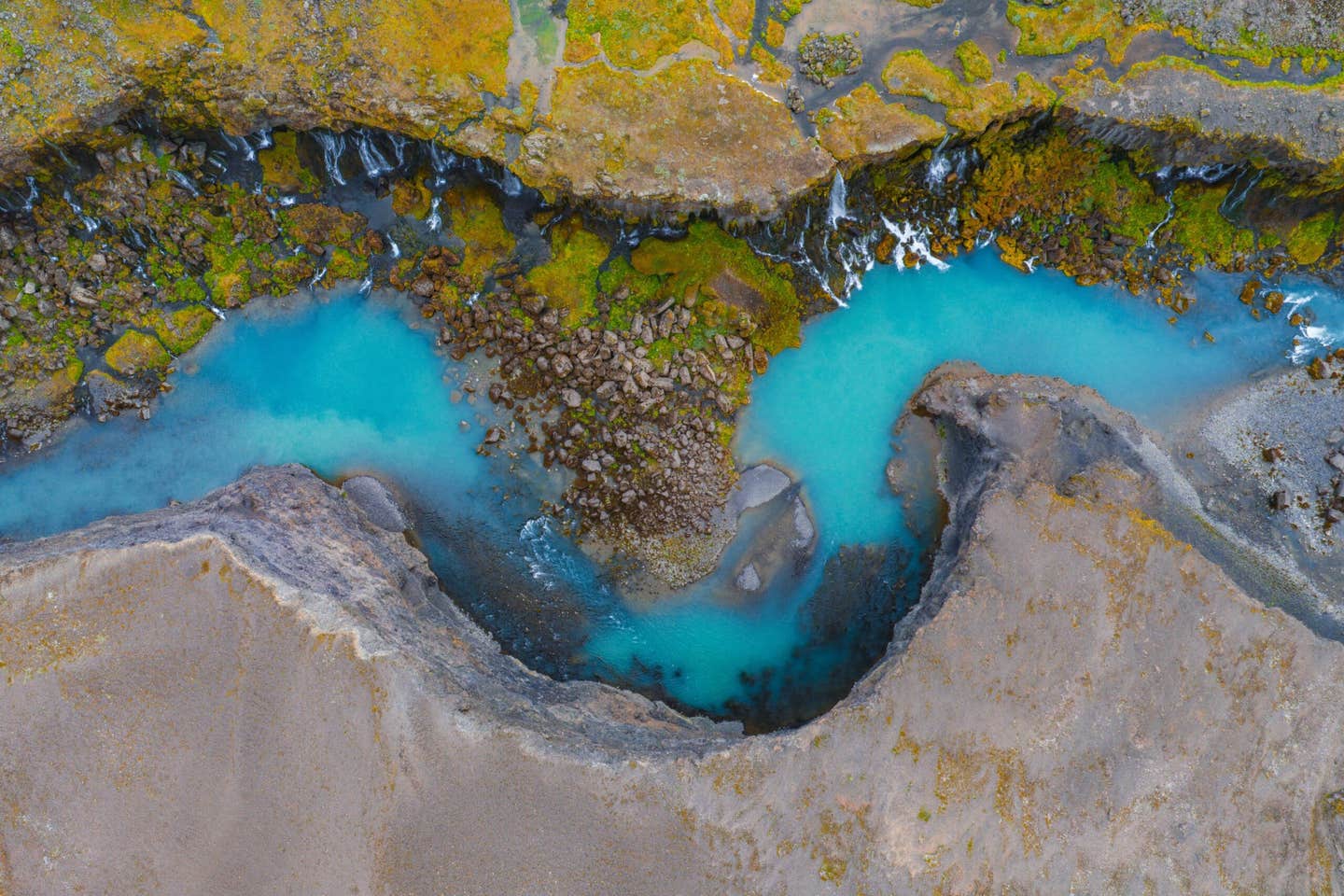What is Monkeypox — how do you get and prevent it?
Monkeypox is a rare infection caused by a virus that circulates in some animals in forested areas of Central and West Africa.

[June 10, 2022: Kristin Walter, JAMA]
Student Julian Glen is believed to have contracted the monkeypox virus from his pet dog (CREDIT: PA)
Monkeypox is a rare infection caused by a virus that circulates in some animals in forested areas of Central and West Africa, but cases recently have been reported in people in multiple countries.
How Does Monkeypox Spread?
The monkeypox virus is closely related to the smallpox virus, which was declared eliminated from the world in 1980. Monkeypox can spread by close contact with an animal or person infected with the monkeypox virus. Human-to-human spread often involves skin-to-skin contact with a person who has a monkeypox rash, sores, or scabs. Monkeypox can also be spread through respiratory droplets or oral fluids during intimate sexual contact (kissing; oral, anal, or vaginal sex). Contact with fabrics, objects, or surfaces contaminated with the monkeypox virus (such as clothing, bedding, or towels) can also spread infection.
Signs and Symptoms of Monkeypox
Common symptoms of monkeypox are fever, headache, swollen lymph nodes (in the neck, armpits, or groin), back and muscle aches, and fatigue, although not all patients with monkeypox experience these flu-like symptoms.
Typically, within 1 to 3 days after fever occurs, patients develop a rash that often appears on the face first, then spreads to other parts of the body and may involve the mouth, vagina, and anus. The rash starts as flat red spots, which become firm, fluid-filled, raised bumps and then turn into scabs that heal over several weeks.
Related Stories:
What Is Known About Monkeypox Outbreaks?
Human monkeypox infections are rare. Prior to May 2022, monkeypox infections that occurred in people living in countries outside of Africa were associated with travel to places with circulating monkeypox (endemic areas) or with exposure to infected animals.
However, between May 13 and May 26, 2022, the World Health Organization reported 257 laboratory-confirmed cases of monkeypox and approximately 120 suspected cases in 23 countries that do not have endemic monkeypox. These monkeypox infections have most commonly occurred in people who self-identified as men who have sex with men. As of June 7, 2022, there have been 35 confirmed cases of human monkeypox infection across the US.
When to Seek Medical Care
The Centers for Disease Control and Prevention (CDC) recommends that individuals with symptoms concerning for monkeypox should seek medical care. This includes anyone who (1) traveled to Central or West African countries or other countries with confirmed cases of monkeypox during the month prior to onset of their symptoms; (2) has had contact with a person with confirmed or suspected monkeypox; or (3) is a man who regularly has close or intimate contact with other men.
How Is Monkeypox Infection Treated?
There are currently no specific treatments for monkeypox infections. Individuals diagnosed with monkeypox infection should isolate at home and avoid intimate contact until all of their skin lesions have healed. In consultation with the CDC, patients with severe monkeypox infection or those who are immunosuppressed, pregnant, breastfeeding, or younger than 8 years may be candidates for an antiviral medication or antibody treatment (intravenous vaccinia immune globulin).
Figure 1. Geographical distribution of confirmed and suspected cases of monkeypox in non-endemic countries between 13 to 26 May 2022, 5 PM CEST. (CREDIT: World Health Organization)
Prevention of Monkeypox Infection
Monkeypox infection can be prevented by avoiding contact with infected animals or people or materials used by animals or people infected with monkeypox. There is a vaccine that provides some protection against monkeypox; however, it is not currently available for general use.
Note: Materials provided by JAMA. Content may be edited for style and length.
Like these kind of feel good stories? Get the Brighter Side of News' newsletter.
Tags: #New_Discoveries, #Global_Good_News, #Monkeypox, #Medical_News, #Virus, #Diseases, #Treatment, #Science, #Research, #The_Brighter_Side_of_News



